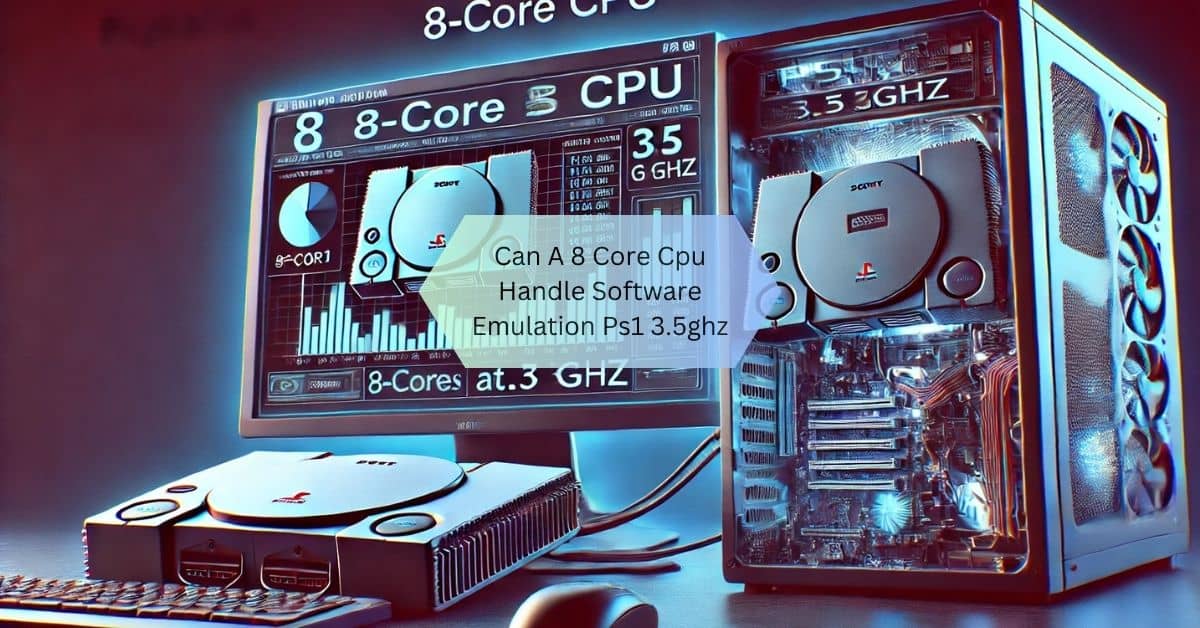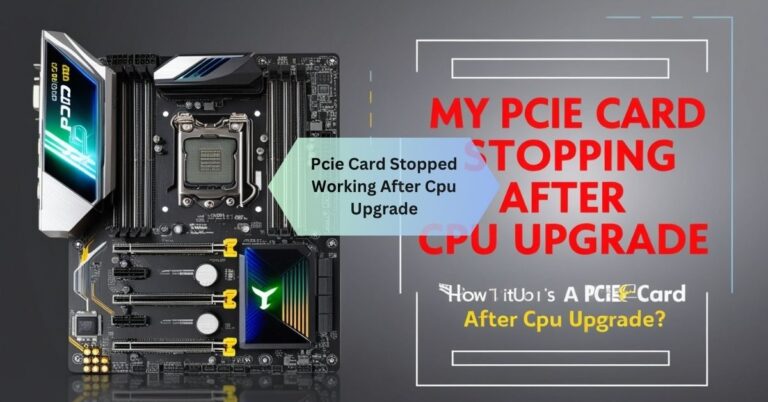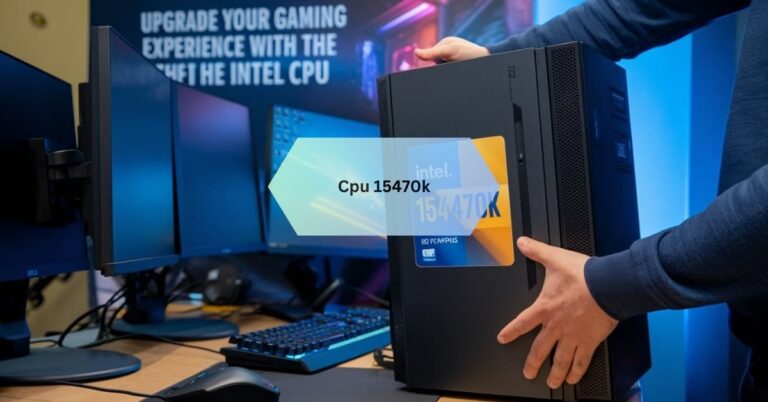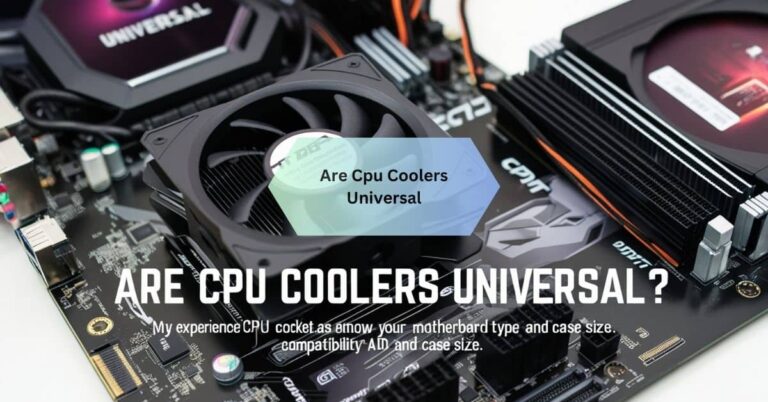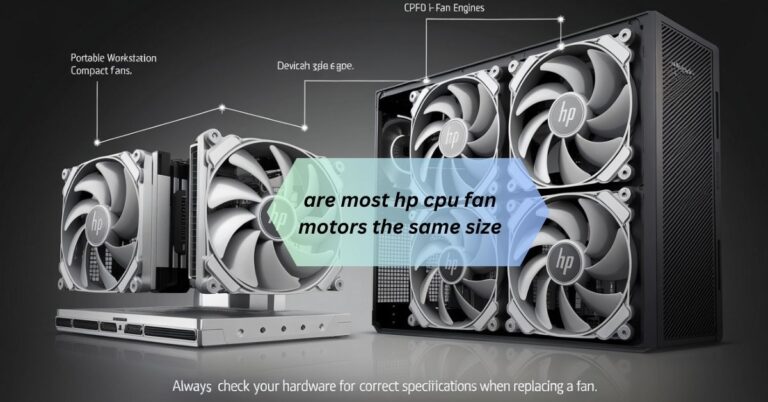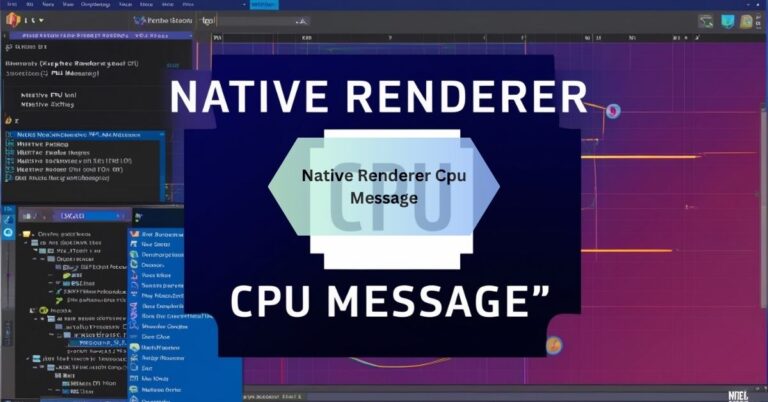Can A 8 Core Cpu Handle Software Emulation Ps1 3.5ghz!
When I tried running PS1 software emulation on my 8-core CPU at 3.5GHz, I was pleasantly surprised by its smooth performance. The emulation handled most games without a hitch, though I did notice some minor lag in more demanding titles.
Yes, can a 8 core cpu handle software emulation ps1 3.5ghz quite well, providing smooth gameplay for most titles. However, some high-demand games may experience minor lag depending on the emulation settings.
Stay tuned with us as we dive deeper into whether an 8-core CPU at 3.5GHz can effectively handle PS1 software emulation. We’ll explore performance tips and real-world experiences to help you get the best results!
How CPU Core Count Affects Emulation Performance!
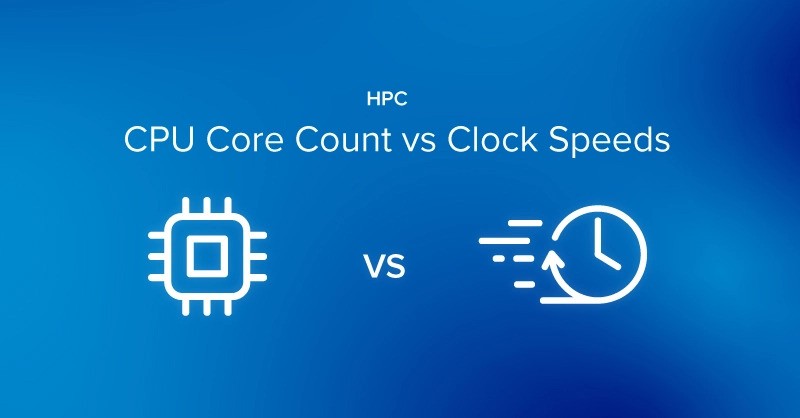
- Parallel Processing: More cores allow the emulator to split tasks into smaller chunks, potentially speeding up performance, especially for multi-threaded emulators.
- Single-Core Performance: Some emulators rely on single-core performance, so clock speed (e.g., 3.5GHz) can be just as important as core count.
- Multitasking: A higher core count can improve multitasking, allowing the CPU to run background processes without affecting emulation.
- Emulator Optimization: The performance boost depends on how well the emulator is optimized to utilize multiple cores.
- Less Strain on Resources: With more cores, the CPU can handle the demanding nature of emulation without overwhelming any single core.
Also Read: Solve CPU Fan Not Showing in NZXT with Simple Steps!
Performance Expectations With 8-Core Cpus!
Enhanced Multitasking:
With 8 cores, the CPU can efficiently handle multiple processes at once, ensuring that emulation runs smoothly while background tasks, like system processes, remain unaffected.
Improved Parallel Processing:
Some PS1 emulators leverage multi-core capabilities, allowing faster performance and reduced lag, especially in complex scenes or resource-heavy games.
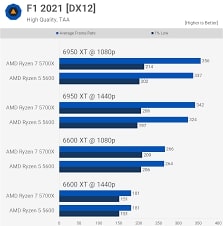
Higher Stability:
An 8-core CPU helps prevent bottlenecks, ensuring more stable performance during longer gaming sessions without significant drops in frame rate.
Optimized for Modern Games:
While PS1 games are not inherently multi-threaded, an 8-core CPU ensures the emulator runs efficiently without being overly taxed, even when running other programs simultaneously.
Better Future-Proofing:
An 8-core CPU offers more longevity for emulation, making it suitable for not only PS1 but also emulating more demanding systems in the future.
Benchmarking Ps1 Emulation On 8-Core Cpus!

- Emulator Performance Tests: Benchmarking tools like PCSX-Reloaded or ePSXe can be used to measure frame rates and responsiveness on 8-core CPUs, showing how effectively they handle PS1 emulation.
- Core Utilization: In benchmark tests, an 8-core CPU often shows higher overall performance, especially when the emulator can utilize multiple cores for tasks like background processes or loading.
- Single-Core Performance Impact: Although PS1 emulators may not fully exploit all 8 cores, benchmark results highlight the importance of single-core performance for tasks like rendering and audio processing.
- FPS and Frame Drops: Benchmarks typically reveal that with 8-core CPUs at 3.5GHz, games run at stable frame rates (60 FPS) without noticeable frame drops or stuttering in most titles.
- Overclocking Gains: Benchmarking also helps identify any performance improvements when overclocking the 8-core CPU, pushing the system to handle more demanding games with even less lag.
Also Read: Reduce Local Security Authority Process CPU Usage Fast!
Configuring Emulation Settings For Better Performance!
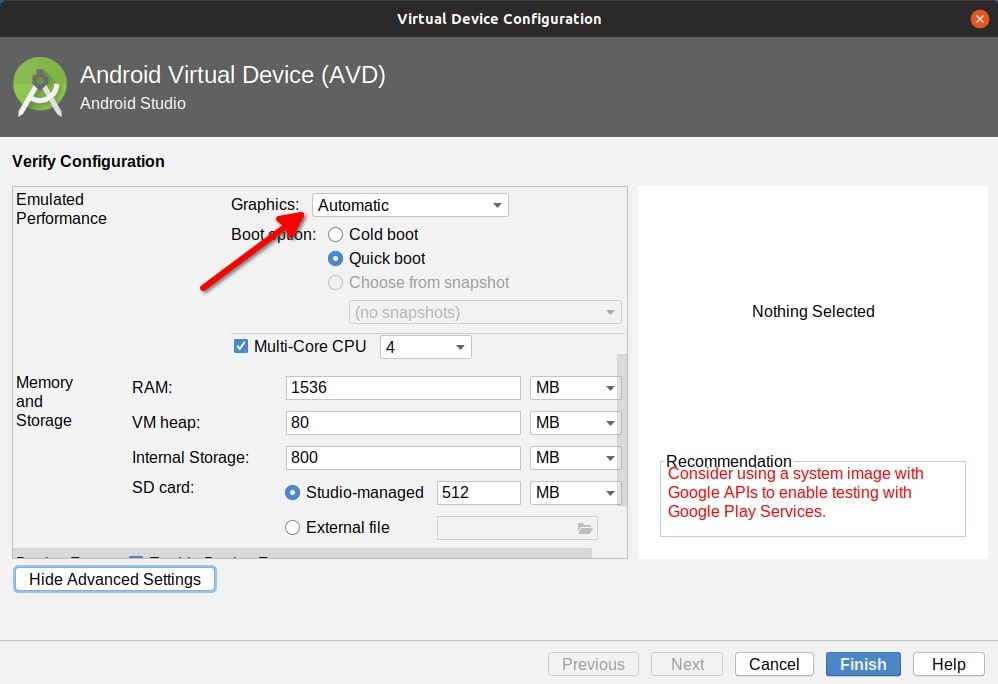
- Adjust Frame Limit: Set the emulator’s frame rate limit to 60 FPS to ensure smooth gameplay. Limiting the FPS can also reduce strain on the CPU for lower-end systems.
- Use Software Rendering: Opt for software rendering for better compatibility, especially if the hardware supports it. This will help reduce graphical glitches and improve stability.
- Enable Multithreading: For 8-core CPUs, enabling multi-threading (if the emulator supports it) allows the CPU to better distribute tasks across cores, improving overall performance.
- Adjust Video Settings: Lowering resolution and disabling extra graphical enhancements (like texture filtering or high-resolution modes) can significantly boost performance on older systems.
- Disable Unnecessary Background Processes: Close unnecessary programs and processes while emulating to free up system resources, ensuring the CPU focuses on running the emulator smoothly.
- Use Speedhacks: Some emulators offer built-in speed hacks or performance boosters that help increase FPS without affecting the gameplay experience. Test different settings to find the optimal balance.
Also Read: i5 4440 CPU Drivers – Simple Update for Faster Performance!
Tips To Minimize Lag And Improve Stability!
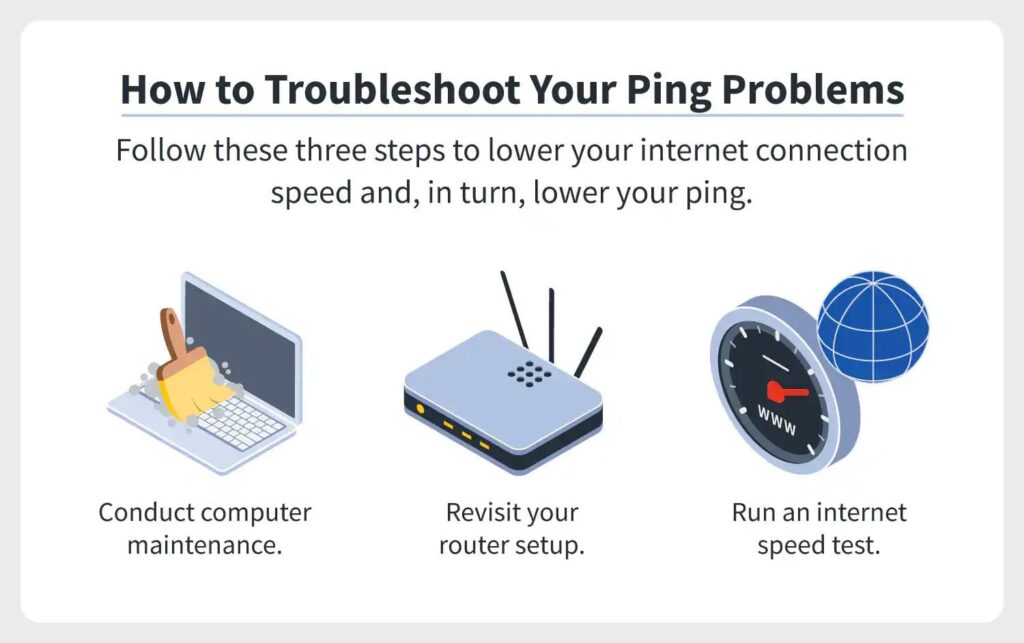
- Lower Resolution: Reducing the internal resolution of the emulator can significantly improve performance, especially on more demanding games, by easing the CPU’s workload.
- Use the Right Emulator: Choose a well-optimized emulator (like ePSXe or PCSX2) that is specifically designed for your hardware. Some emulators are better at handling PS1 games on modern CPUs.
- Update Drivers: Keep your graphics and CPU drivers up to date to ensure compatibility and optimal performance for emulation.
- Enable V-Sync: Enabling vertical sync can reduce screen tearing and improve visual stability, resulting in a smoother gaming experience.
- Increase CPU Affinity: In the emulator settings, set CPU affinity to prioritize your 8-core CPU for emulation tasks, ensuring other background tasks don’t interfere.
- Optimize Emulator Settings: Use the built-in performance tweaks, like disabling certain effects or reducing audio quality, to reduce the strain on your CPU and maintain smooth performance.
- Limit Background Processes: Close unnecessary programs or background processes while emulating to ensure maximum resources are available for the emulator.
- Enable Frame Skipping: If lag occurs, enabling frame skipping can reduce stuttering by skipping frames to maintain a consistent frame rate.
Comparing Different Cpu Setups For Ps1 Emulation!
When comparing CPU setups for PS1 emulation, the key factors are core count, clock speed, and multi-threading capabilities:
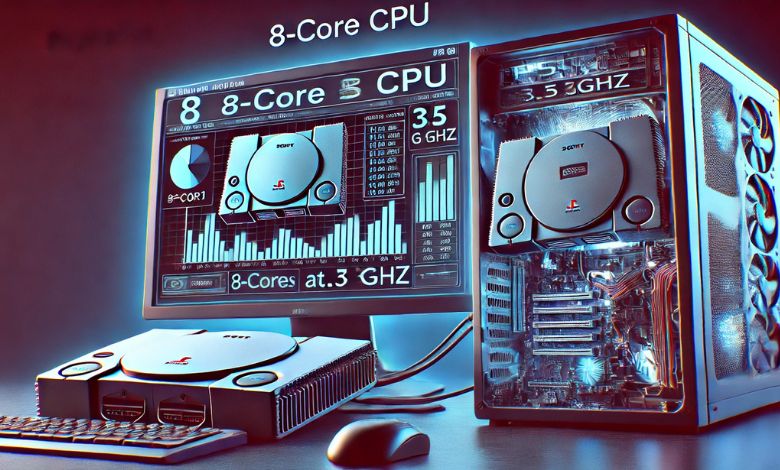
- Single-Core CPUs (Low Clock Speed): Struggle with PS1 emulation, causing stuttering and lower frame rates, especially in more demanding games. Not ideal for smooth gameplay.
- Dual-Core CPUs (Mid-range Clock Speed): Can handle basic PS1 emulation well but may lag in more complex scenes or multitasking environments.
- Quad-Core CPUs (3.5GHz): Provide stable performance for most PS1 games, but may experience slight lag during complex or resource-heavy scenes.
- 8-Core CPUs (3.5GHz): Offer excellent performance, ensuring smooth gameplay even with background tasks running. Ideal for stable PS1 emulation and multitasking.
- High-End Multi-Core CPUs (4.0GHz and Above): These CPUs provide overkill for PS1 emulation but deliver flawless performance, especially for running higher-end emulators like PS2 or PS3 emulators, offering long-term value.
Also Read: Intel Frustum Culling Cpu – Boost Your 3D Graphics Speed!
FAQS:
What is the minimum CPU for emulation?
The minimum CPU for emulation is typically a dual-core processor with a clock speed of around 2.5GHz. This setup can handle basic emulation, but performance may be limited in more demanding games.
Does CPU matter for emulation?
Yes, the CPU is crucial for emulation as it processes the game’s instructions. A faster or more powerful CPU improves performance, reducing lag and enhancing gameplay.
Do you need an 8-core CPU for gaming?
You don’t need an 8-core CPU for most games, especially older ones. A quad-core CPU is usually enough, but for multitasking or modern games, an 8-core CPU provides better performance.
Do I need a high-end CPU for PS1 emulation?
No, a high-end CPU is not necessary for PS1 emulation. A mid-range CPU with a decent clock speed (around 3.0GHz) should run PS1 games smoothly without any issues.
Conclusion
can a 8 core cpu handle software emulation ps1 3.5ghz. While PS1 emulation doesn’t fully utilize all eight cores, the high clock speed ensures smooth performance, even in demanding games. This setup offers excellent stability, reduces lag, and is future-proof for other emulation needs, making it an ideal choice for smooth gaming experiences.
